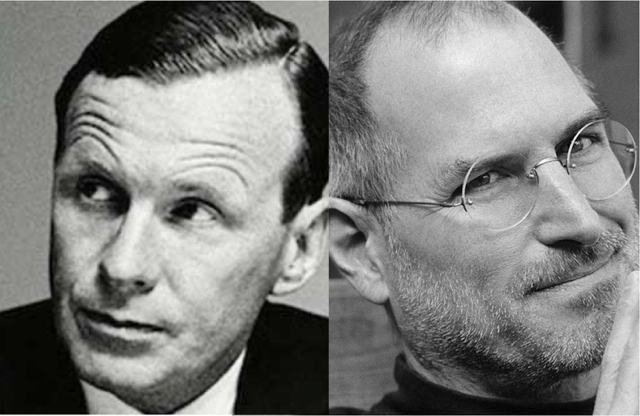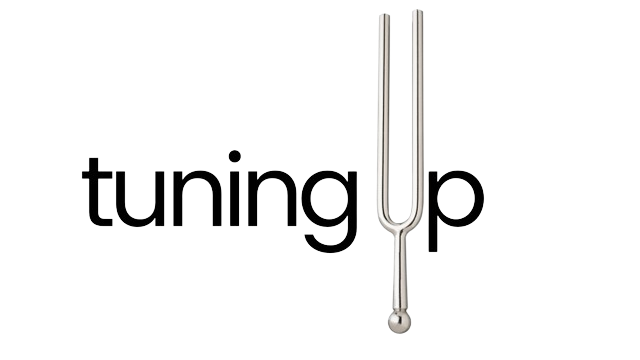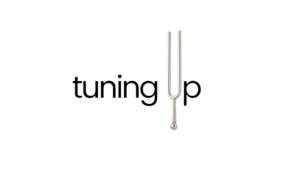Your cart is currently empty!

The Arrogance Paradox
If it were easy to start a new business and make it a success, surely there would be a lot more businesses around?
I would estimate that the number of people who would like to be their own boss is greater than those who actually are their own boss by an order of magnitude.
But there are many reasons why there aren’t more entrepreneurs, to name just three:
- It requires a differentiating and appealing idea/proposition;
- It’s a risk not everybody can afford to take;
- It takes a dazzlingly high amount of your time, during the fledgling period at least.
But a fourth quality a successful entrepreneur needs is breath-taking arrogance.
Not necessarily in a bad way – I don’t mean those kinds of people with an obnoxious air of superiority who you wouldn’t tire of punching if our moral compasses suddenly failed. I mean they hold a profound sense of self-belief, an unflinching certainty in what they are doing, which in turn begets an unstoppable motivation to create a business according to their vision, a company with products or services that people will flock to buy.
This is a positive kind of arrogance. One that is charismatic to the point of being almost irresistibly magnetic, it carries people through the external challenges of a start-up, keeps them confident in the face of doubters and uninterested first customers; keeps their people driven and drives themselves.
And it works.
It gets these entrepreneurs from zero to “in business” and able to make a living for themselves and others in their employ. It’s an amazing thing and it’s truly a gift.
But there is a point at which this arrogance can start to work against the best interests of the entrepreneur, if they let it. There’s a point at which the arrogance can say:
“Why do I need to listen to anybody else?
Look what I’ve done!
Look what I’ve created!
Don’t tell me I need to listen to your advice.
I know best, thanks all the same.”
On more than one occasion I had the good future to meet Herta Ogivly, David Ogilvy’s widow, who, I believe, still lives in their Chateau in Touffou, near Poitiers, France. As I recall she joked once over dinner how she used to wind up David because her IQ was higher than his. But as much as Ogilvy may not have had a high IQ, he had the incredible vision to build the empire he did, and great wisdom in management.
One of Ogilvy’s more famous quotes is often forgotten by the entrepreneur whose arrogance has overcome them.
“If each of us hires people who are smaller than we are, we shall become a company of dwarfs. But if each of us hires people who are bigger than we are, we shall become a company of giants.”
Put another way, if the founder and leader is either the smartest person in the room, or just believes they are, then the company will always be limited by that individual’s sole potential. The great entrepreneurial leader, listens, makes judgements, learns and above believes they themselves always have more to learn.
Steve Jobs is another great example, saying:
“It doesn’t make sense to hire smart people and then tell them what to do; we hire smart people so they can tell us what to do.”
That’s the arrogance paradox: To simultaneously hold the belief that you are unstoppable, and you will succeed – and at the same time have the humility to know you need help and have much more to learn.
__________________________________________________________________
How Tuning Up applies to the Arrogance Paradox.
The key to understanding how Tuning Up relates to how the definitions of responsibility and control relate to the entrepreneurial leader.
Readers of Tuning Up will know the Meikle Matrix below and understand already that where there are people in Non-stick you will more than likely find their colleagues in Stress. Flow is the state in which multiple people can co-exist.

While the entrepreneurial leader has ultimate responsibility for themselves and ultimate control of the company, they should ideally be in a state of flow.. But this is looking at only the highest tiers of responsibility and control.
A level down there is a responsibility to the company, for its growth and sustainability. A responsibility to the team the leader is building and to their well-being.
When the leader is unwilling to listen or accommodate others’ ideas, and when they cannot recognize the potential value in contributions from others as potentially better than their own (which is often far plainer to see for the rest of the company!) the leader moves from Flow to Non-stick.
Once the leader is in non-stick, those affected by the leader’s decisions move into Stress. From there, there are three moves:
- Throw in the towel. Quit the company and go find somewhere else to work where the leadership values your contribution.
- Stop caring. Do as you’re told, take the money, go through the motions as they are dictated and to you and move slowly to toil. This is called “Quit and stay”
- Fight for control, sometimes winning and sometimes losing, but there is a long history of founders being ousted from their own companies.
Entrepreneurial leaders have to do three fundamental things.
- Hire for the best available affordable talent in the role.
- Absorb their contributions, ideas and experience like a sponge.
- Dispense responsibility and control in commensurate measure.
David Meikle. October 2023.




